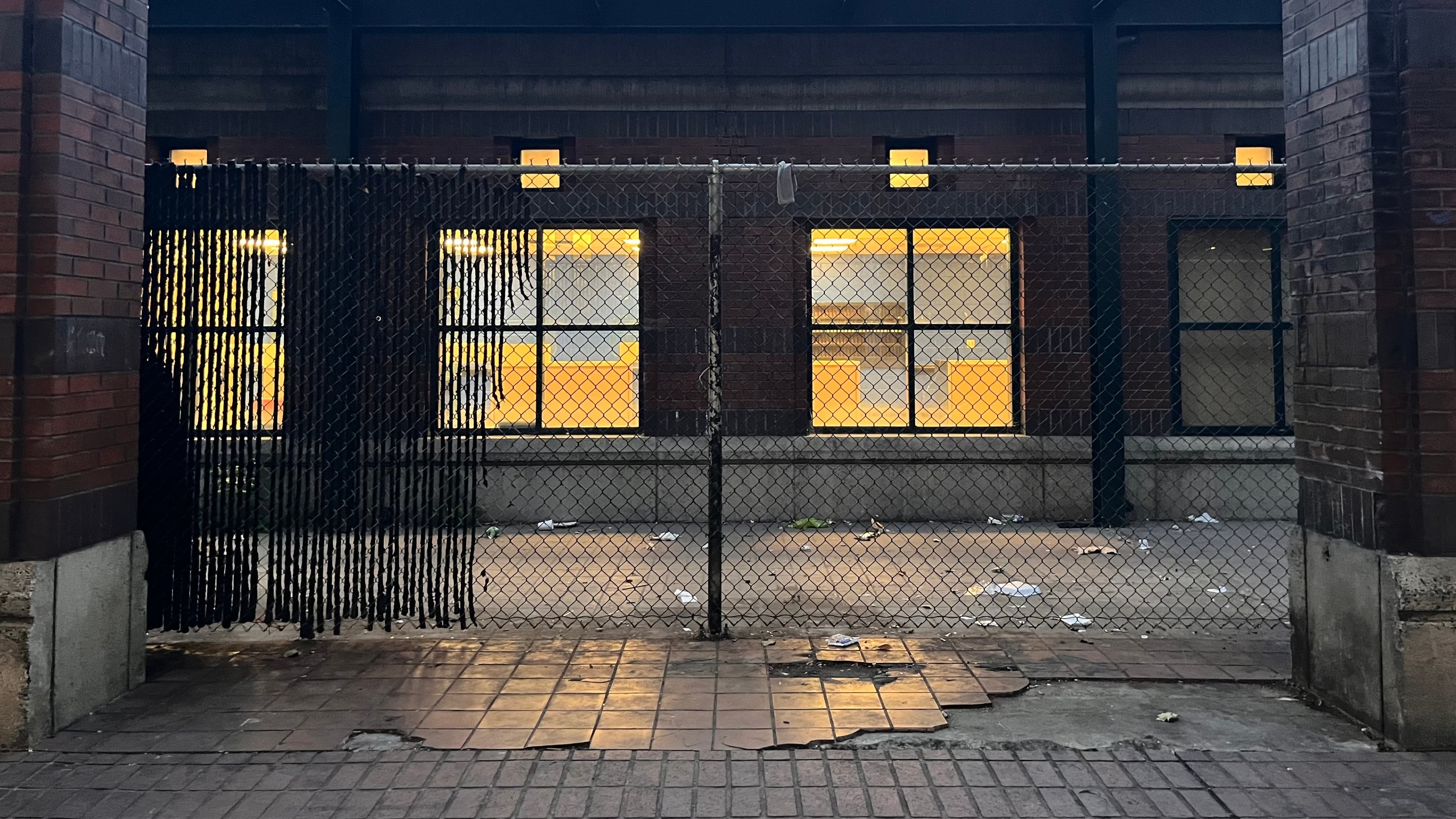Do Good Multnomah, the nonprofit that Multnomah County contracts to operate shelters, subjected 16 employees to dangerous heat at its shelter in Portland’s old Greyhound bus station last month, according to a complaint filed with the Oregon Occupational Safety and Health Division.
“The complaint contains one alleged hazard,” Oregon OSHA spokesman Aaron Corvin confirmed in an email. “Approximately 16 employees are exposed to high heat with no training on symptoms or a program in place. Temperatures exceed 90 to 100 degrees throughout the housing.”
The complaint, made anonymously, alleges that the shelter’s break room wasn’t cool enough to ease symptoms should workers “experience symptoms,” Corvin said in the email.
“I can also confirm that we have an open and ongoing inspection,” Corvin said.
The average temperature for July in Portland—74.4 degrees—was the highest since record keeping began in 1940, according to the National Weather Service. July records also fell in Salem and Eugene, where records go back to 1893.
Do Good Multnomah was founded in 2015 to create a low-barrier shelter for houseless veterans. Since then, it has expanded to serve other populations. It also provides transitional housing, permanent supportive housing, mental health services, and peer support.
Do Good’s downtown shelter is located at 550 NW 6th Ave. The downtown shelter has 90 beds, according to Do Good’s website. It welcomes couples, pets and all gender identities. It serves dinner every night and has showers open 24/7.
“Since the investigation is open and ongoing, Do Good is not able to offer a thorough response,” Do Good spokesman Chris Gardner said in an email. “But we are committed, as always, to working closely with our partners at OSHA to meet and exceed standards of workplace safety in care of our staff and participants.”
